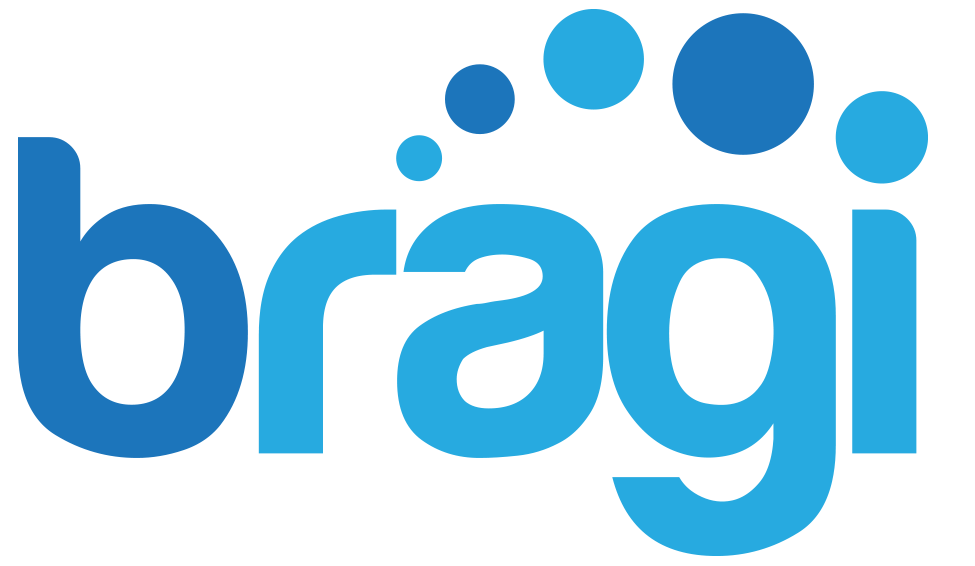Introduction
As an international development and digital agriculture expert with two decades of experience, I’ve seen firsthand the transformative potential of integrating technology into agricultural practices. However, the road to digital agriculture is fraught with challenges, particularly in a diverse and complex landscape like Nigeria’s. Policymakers and agricultural organizations must anticipate these challenges to maximize the effectiveness of digital agriculture initiatives.
Identifying the Challenges
Infrastructure Gaps
Access to reliable internet connectivity in rural areas can significantly hamper the implementation of digital agriculture. Many modern solutions rely on dependable internet access, from GPS-guided tractors to real-time market price monitoring.
Financial Barriers
The initial cost of adopting digital technology can be prohibitively high for small farmers, deterring them from embracing these solutions. Additionally, a lack of targeted funding can limit the scale at which projects can be implemented.
Skill Deficit
While digital agriculture solutions offer immense benefits, they often require specialized skills. There is a pressing need for capacity-building to help farmers and agricultural professionals adapt to these new technologies.
Regulatory Hurdles
The absence of supportive policies can stall or even reverse progress in digital agriculture. Regulatory frameworks must be flexible yet robust enough to adapt to rapidly evolving technological landscapes.
Lessons for Improvement
Bridging Infrastructure Gaps
Invest in rural internet connectivity and alternative solutions like SMS-based services that do not rely heavily on broadband. Partnerships with telecom providers can be a quick win in this area.
Financial Models
Innovative financial models can reduce the burden on farmers. Consider public-private partnerships or subsidized technology costs to make digital solutions more accessible.
Skill Development
Training programs, both online and on the ground, can empower farmers and agricultural professionals to harness the power of digital agriculture effectively. The aim should be to train and instill a culture of continuous learning.
Policy and Regulation
Policymakers should aim to create an enabling environment for digital agriculture. This could mean offering tax incentives for agri-tech companies or simplifying the bureaucratic procedures for adopting new farming technologies.
Stakeholder Collaboration
No digital agriculture project can succeed in a vacuum. Collaboration between tech companies, policymakers, and farming communities is crucial. Such synergy can yield holistic solutions tailored to the Nigerian agricultural landscape’s unique challenges and opportunities.
Conclusion
Digital agriculture promises to revolutionize farming practices in Nigeria, offering increased productivity, better resource management, and improved market access. However, the path to digitalization has its challenges. By acknowledging these challenges head-on and taking proactive steps, policymakers and agricultural organizations can significantly improve the likelihood of successful digital agriculture projects.
While there’s no one-size-fits-all solution, the lessons outlined above offer a roadmap for navigating the complexities of integrating digital technologies into Nigeria’s agricultural fabric.



